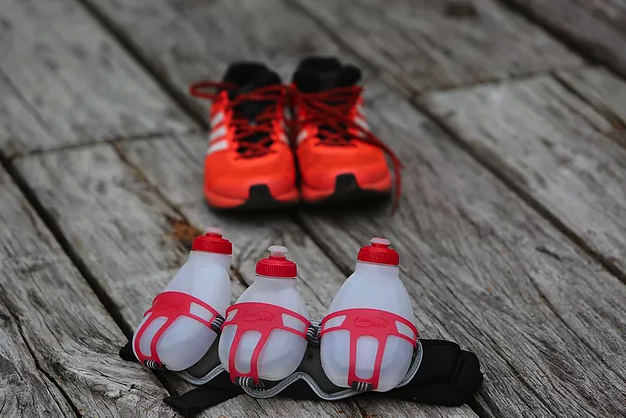
Carbohydrate can improve exercise performance and there is evidence that during longer activities (>2.5h) a higher intake can result in further improvements. It is also known from the scientific literature that higher carbohydrate concentrations can impair fluid delivery and cause gastro-intestinal discomfort. Therefore carbohydrate dosing needs to strike a balance between energy delivery and "stomach comfort".
On warmer days fluids may be more important on colder days the focus will be more on carbohydrate intake. Because the intestine can absorb up to 60 g/h of a single carbohydrate source, higher intakes (above 60 g/h) don't always result in a benefit and can even be detrimental (carbohydrate accumulating in the intestine). However, if multiple transportable carbohydrates are used (for example a combination of glucose and fructose), absorption can be increased, energy delivery and fluid delivery can be improved and gastro-intestinal distress minimised. This is all explained in a number of blogs on www.mysportscience.com.
Check out the article on fueling recommendations.
Check out the links to recent blogs below and check back on the CORE site where we will add more information soon.





